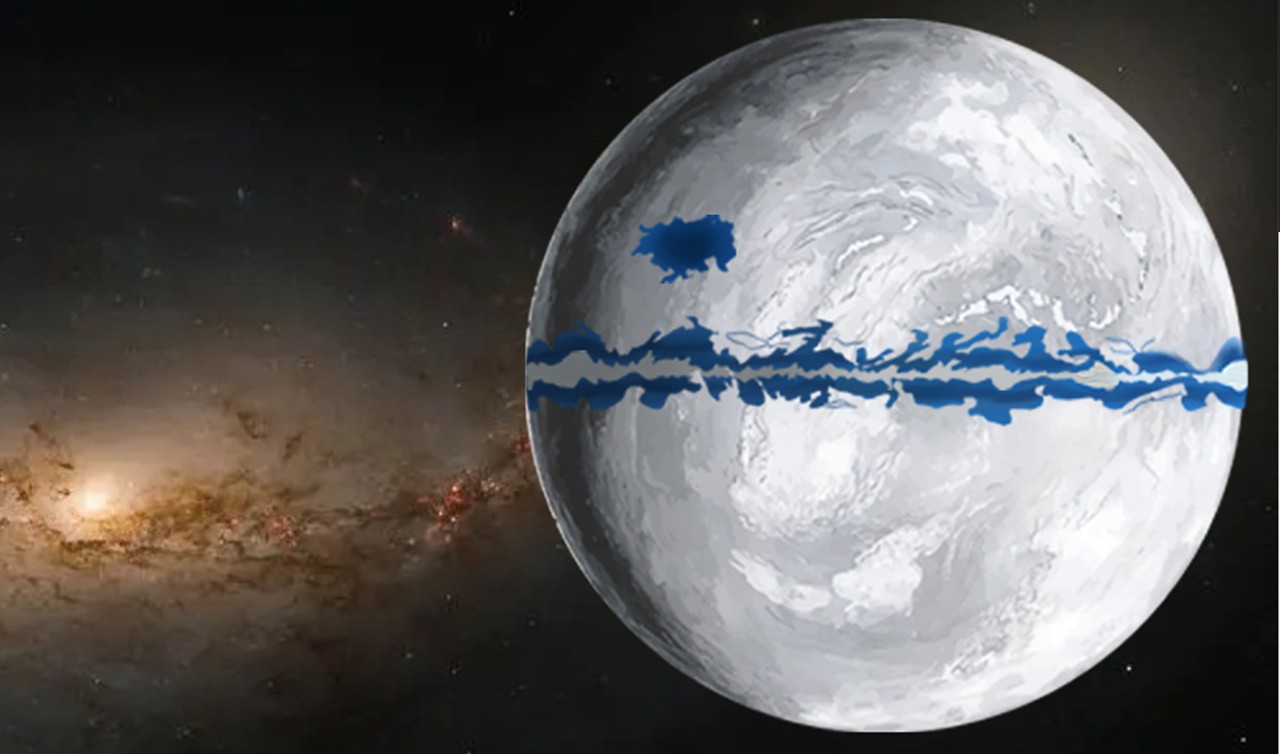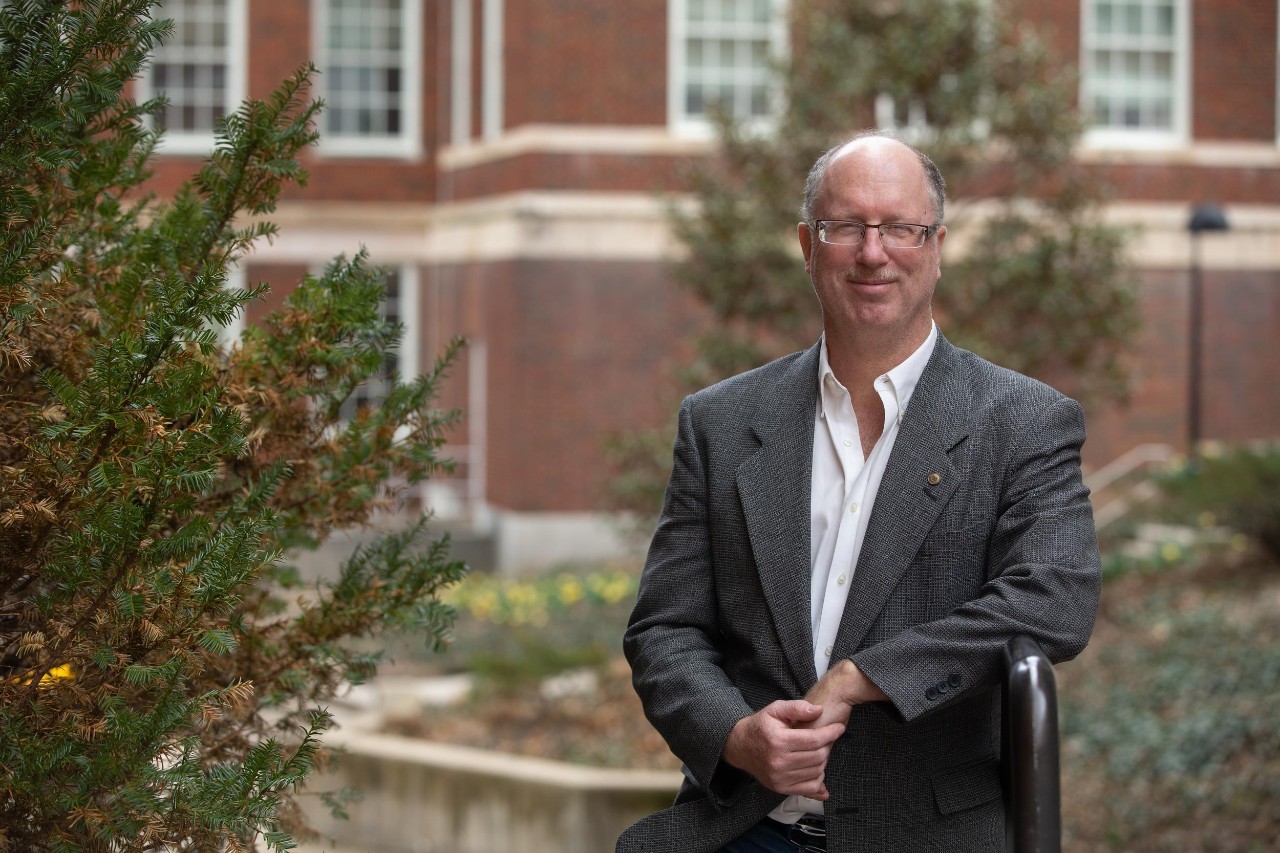
BBC: 'Snowball Earth' could have been a slushball
UC geologist says mid-latitude seas might have remained ice-free
BBC News highlighted research by a University of Cincinnati geologist who examined an ice age 635 million years ago that many scientists believed froze the planet solid from pole to pole.
But a new study published in the journal Nature Communications by an international team of scientists said evidence suggests some shallow seas in the mid-latitudes remained ice free, possibly allowing life to persist during this prolonged period of global glaciation.
UC College of Arts and Sciences geosciences Professor Thomas Algeo worked with researchers from the China University of Geosciences to use isotopic analysis to understand what life on Earth was like hundreds of millions of years before dinosaurs roamed the Earth.
“We called this ice age ‘Snowball Earth,'” Algeo said. “We used to believe that Earth was completely frozen during this long ice age. But it could be ‘Slushball Earth.’”
Featured illustration at top: University of Cincinnati researchers found evidence that a prolonged ice age 635 million years did not freeze the planet solid from pole to pole as previously believed. Graphic/Huyue Song

UC College of Arts and Sciences Professor Thomas Algeo studied life on Earth during a prolonged ice age 635 million years ago. Photo/Andrew Higley/UC Marketing + Brand
More UC Geosciences in the news
- Extreme Tech: 'Snowball Earth' may have been less icy than thought
- India Today: When Earth froze to death but somehow life survived
Related Stories
Senior peer career coaches graduate with resumes ready
April 17, 2021
Profiles three senior peer career coaches in the University of Cincinnati's Bearcat Promise Career Studio
UC students recognized for achievement in undergraduate research
April 12, 2021
Undergraduate student researchers in sciences and humanities recognized in 2021
'To make him proud was high on her list'
April 1, 2021
Alex Lewis lost her 82-year-old grandfather to Covid-19 just five weeks before her dream school showed up on the front steps of Roger Bacon High School to tell the senior that she has been admitted to the University of Cincinnati College of Nursing as part of a touching Decision Day surprise effort this year.
